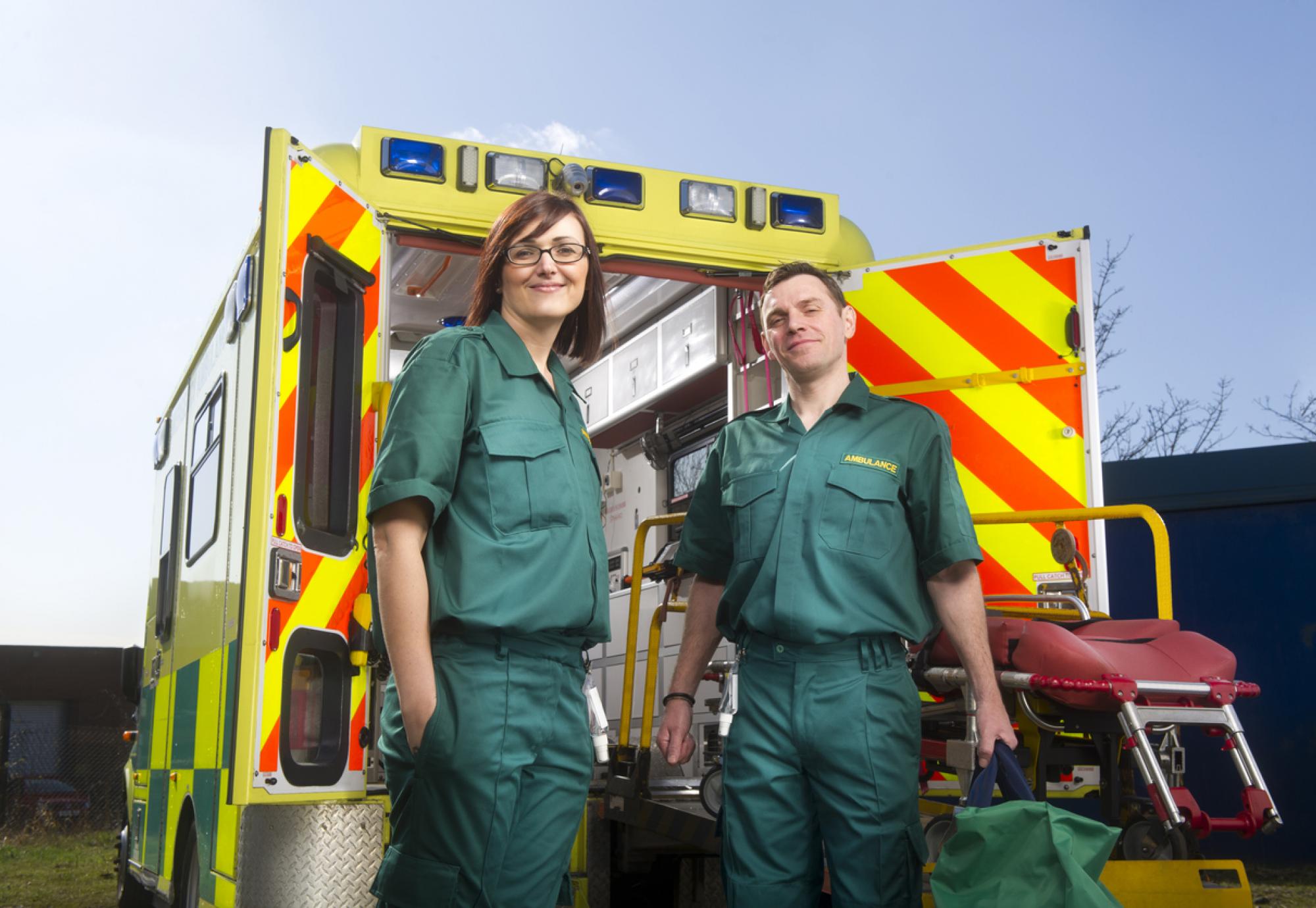The NHS are investing an additional £55m in ambulance trusts in England, to increase the number of staff. It follows on from a letter from NHS leaders to 10 trusts, saying that the funding would help services be prepared for winter, whilst helping improve performance. The funding is expected to drive up the recruitment of 999 call handlers, crews, and clinicians to work in control rooms.
It is also hoped to improve recruitment and retention amongst liaison officers managing patient handovers between ambulances and hospitals. The spending of the budget will be determined by each of the local services, who may decide to increase staffing numbers, such as offering part-time workers full-time roles, recruiting extra call handlers, or offering staff incentives to help with retention.
This is in response to the growing number of 999 calls answered by staff in June, which is 300,000 more compared to the same month last year, and 150,000 more than June 2019. According to the data, as many as 1.5 million calls were answered by the NHS in June, which is the equivalent of more than 50,000 a day, and almost 300,000 more than in the same month last year.
Another area experiencing high volumes, include ambulance call outs, with 783,050 incidents last month, which is 80,000 more than in the same month two years ago.
Anthony Marsh, National Strategic Adviser of Ambulance Services, said: “Despite the pandemic, ambulance services have continued to respond quickly to the public when they needed emergency care.
“While ambulance trusts are already extremely busy, the NHS is ensuring that services have the staff they need to deal with increased demand.”
Funding to trusts will be allocated based on the number of patients they are serving locally. These measures are expected to be incorporated as soon as possible.
There are also calls for local services to plan how the funding will be used to reduce average waiting times for category one, two and three 999 calls, between themselves.
A&E departments have been particularly impacted during the pandemic, with more than 2.1 million patients attending in June, as well as delivering the biggest vaccination programme in NHS history and the fastest in Europe, with 65 million people protected so far.
Managing Director of the Association of Ambulance Chief Executives, Martin Flaherty OBE, QAM, said: “This additional funding for the NHS ambulance sector is very welcome indeed at a time when ambulance trusts are busier than we have ever been.
“The money will be used to help increase capacity, both in terms of available ambulances to respond to patients and also in our control rooms, which are having to respond to unprecedented 999 call demand."



















